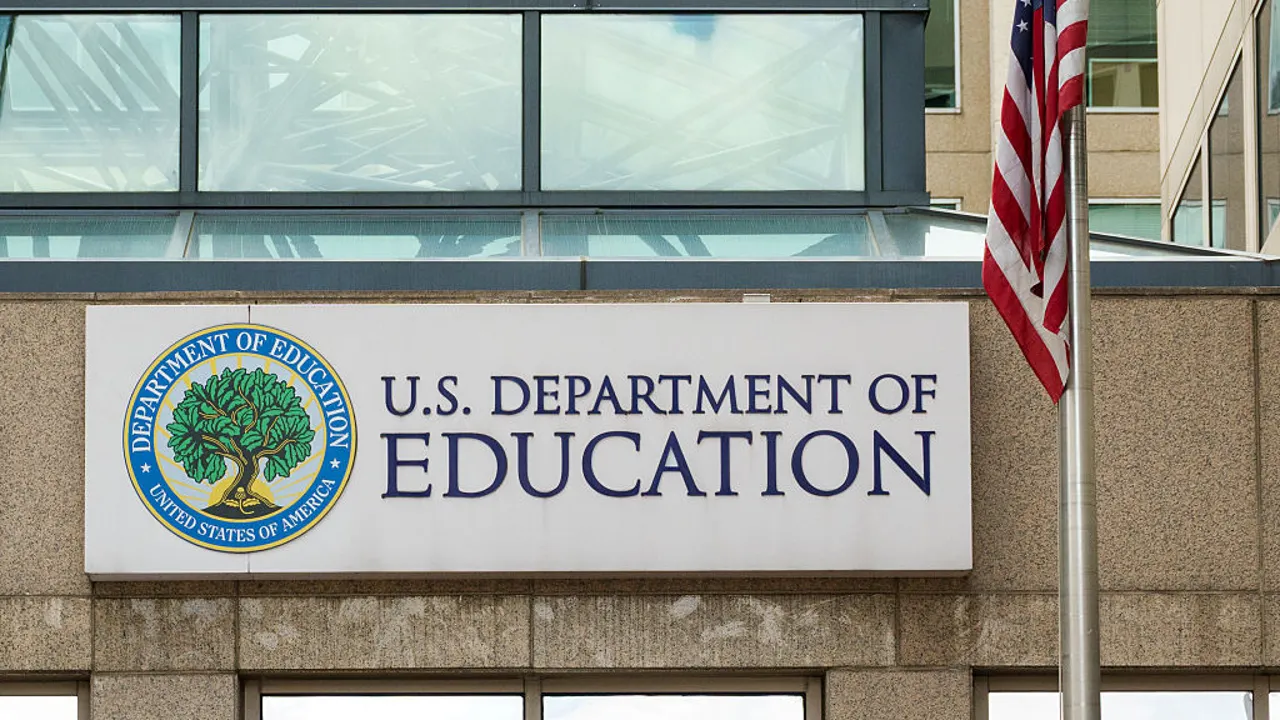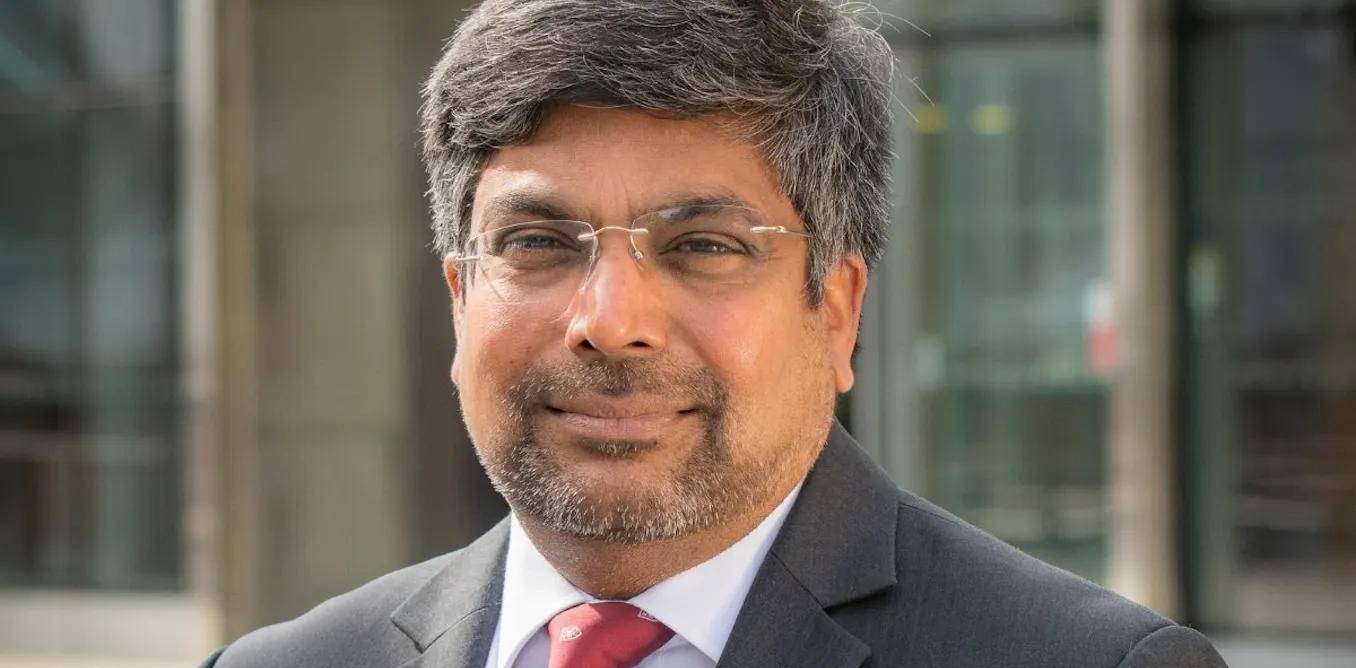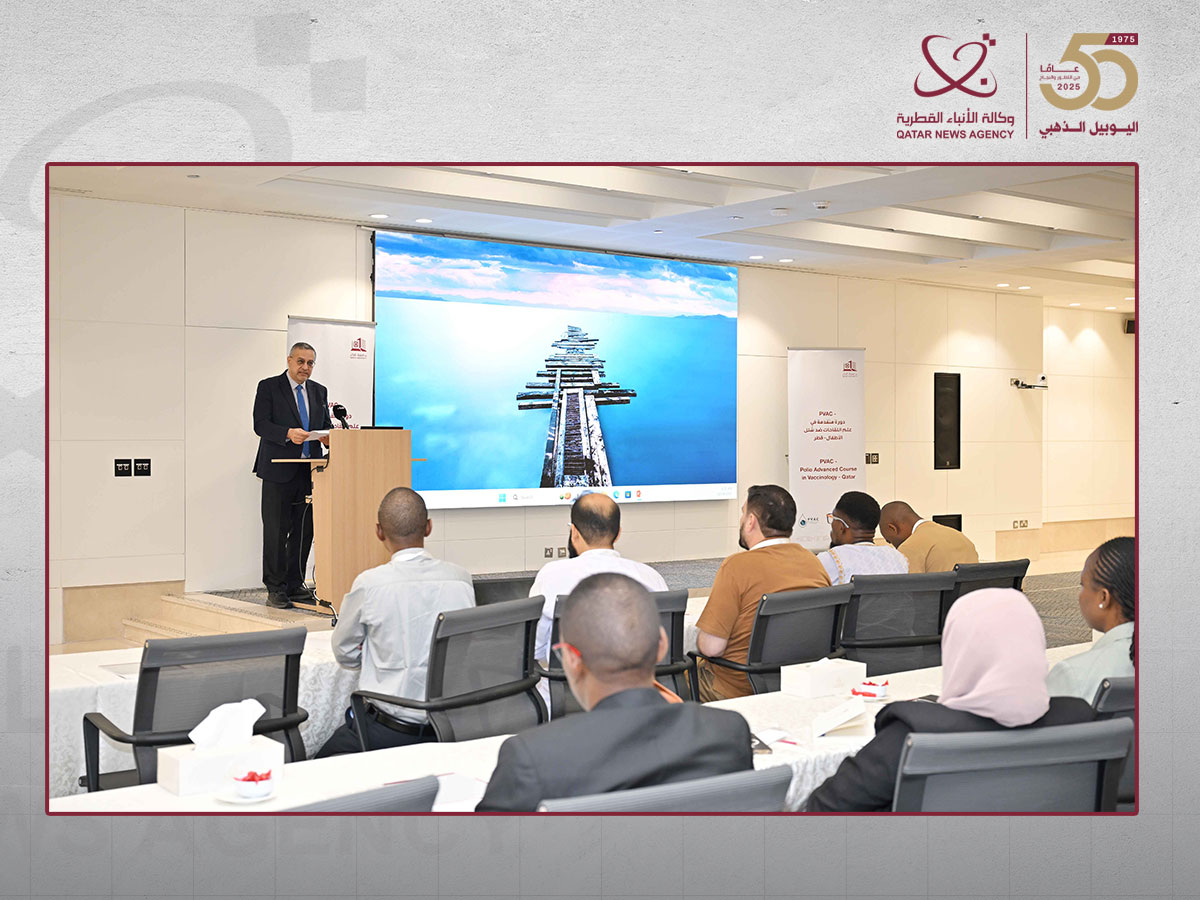Copyright FOX 9

article The attorneys general of multiple states and Washington, D.C. are suing the Department of Education over a new rule that requires employers to meet specific criteria to qualify for the Public Service Loan Forgiveness (PSLF) program. New York Attorney General Letitia James is leading the group of 21 state attorneys general suing the Department of Education and Secretary Linda McMahon for what they allege is an unlawful restriction of eligibility for the Public Service Loan Forgiveness (PSLF) program, according to a release from James' office. RELATED: Trump administration to limit student loan forgiveness for some borrowers working in public service This lawsuit comes after the Education Department announced the rule change in an agency fact sheet from Oct. 31. Under the amended rule, which takes effect in 2026, the Education Department defines a qualifying employer as one that doesn’t engage in "illegal activities" like abetting illegal discrimination, immigration law violations, and transgender issues. RELATED: Trump administration to limit student loan forgiveness for some borrowers working in public service The PSLF program forgives student loan debt for government and nonprofit employees after 10 years of qualifying payments are made. James statement on Public Service Loan Forgiveness What they're saying: "Public Service Loan Forgiveness was created as a promise to teachers, nurses, firefighters, and social workers that their service to our communities would be honored," New York Attorney General Letitia James said in a statement in a press release. "Instead, this administration has created a political loyalty test disguised as a regulation. It is unjust and unlawful to cut off loan forgiveness for hardworking Americans based on ideology. I will not let our federal government punish New York’s public servants for doing their jobs or standing up for our values." Why is the Education Department changing the PSLF rule? Why you should care: The Department of Education released a fact sheet explaining that the final rule improves the definition of a qualifying employer "to exclude employers that participate in illegal activities such that they have a substantial illegal purpose." RELATED: Student loan forgiveness program getting Trump overhaul: What’s changing The Education Department listed examples of illegal activities in the fact sheet that could make an employer ineligible under the PSLF such as supporting terrorism or involvement in violence to influence government policy, aiding and abetting illegal discrimination, immigration law violations, trafficking and violating child abuse laws, transgender issues, and a "pattern" of state law violations. How does the Public Service Loan Forgiveness program work? The backstory: The Public Service Loan Forgiveness program (PSLF) forgives the remaining balance on student borrowers loans after they have made 120 (10 years) qualifying monthly payments under a qualifying repayment plan, while working full-time for a qualifying employer, according to studentaid.gov. RELATED: Trump order aims to deny student loan relief to some borrowers Congress created the PSLF program in 2007 to forgive the student loans of people who work in a public service job and have made at least 10 years of payments on their loans. Individuals who work for the federal, state, local or tribal government and most non-profit employees are eligible for PSLF, as well as workers of other public entities, including public colleges, schools, and the military. According to the fact sheet, the final rule will take effect on July 1, 2026 and the Department of Education secretary will decide if an employer no longer qualifies for Public Service Loan Forgiveness (PSLF) if they violate the above infractions and employers will receive a notice with a chance to challenge the Education Department’s findings. The Source: Information for this story was provided by previous LIVENOW from FOX reporting, a press release from the Office of New York State Attorney General Letitia James, and a Department of Education fact sheet. This story was reported from Washington, D.C.



